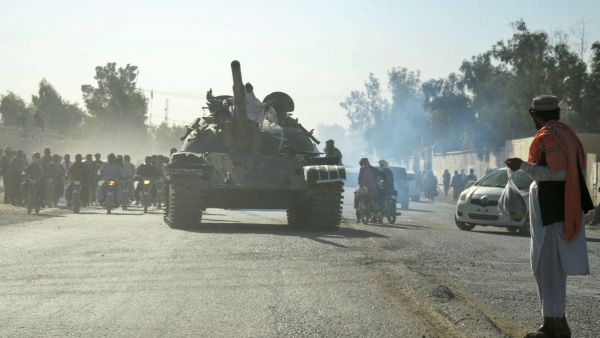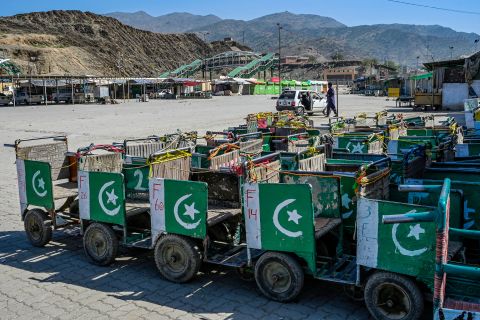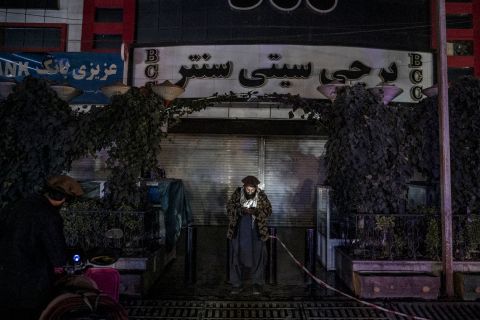ALBAWABA- Pakistan and Afghanistan agreed late Wednesday to a 48-hour ceasefire, pausing days of fierce cross-border fighting that has killed dozens and deepened fears of a wider conflict along the volatile Durand Line.
The temporary truce, effective from 6 p.m. local time, was confirmed by Pakistan’s Foreign Office, which said it followed a request from the Taliban-led Afghan government.
However, Taliban spokesman Zabihullah Mujahid asserted that the ceasefire was initiated by Pakistan, instructing Afghan forces to “hold fire unless attacked.”
The agreement comes after nearly a week of escalating violence in areas near the Torkham and Chaman crossings, where both sides exchanged artillery, airstrikes, and ground fire.
Pakistani military sources claimed to have hit Taliban positions in Kandahar and Kabul, killing more than 200 militants, while Afghan officials accused Pakistan of bombing civilian areas and border posts.
Casualty reports differ sharply: Pakistan said it lost 23 soldiers and 29 others were wounded, while Afghanistan alleged 58 Pakistani troops had been killed, compared to nine Taliban fighters.
The border points remain closed for a third consecutive day, disrupting trade and leaving thousands of civilians and truck drivers stranded in deteriorating humanitarian conditions.
The clashes mark the deadliest confrontation between the two countries since the Taliban’s 2021 return to power.
The current crisis was sparked by Pakistan’s October 9 airstrikes on alleged Tehreek-e-Taliban Pakistan (TTP) hideouts in Khost, Paktika, and Kabul, which Islamabad said were used to stage cross-border attacks.
Pakistan accuses the Taliban of sheltering TTP militants responsible for over 600 attacks this year, many using advanced U.S.-made weapons left behind after the 2021 withdrawal. The Taliban, in turn, condemned the strikes as “blatant violations of Afghan sovereignty” and launched retaliatory shelling.
Longstanding disputes underpin the tension. The 2,640-kilometer Durand Line, drawn by British colonial authorities in 1893, remains unrecognized by Afghanistan, which views it as an artificial division of Pashtun tribal lands.
Relations have further soured over Pakistan’s expulsion of 1.7 million Afghan refugees, water-sharing disputes, and growing economic competition, as Islamabad seeks Chinese-backed investment in Afghan mining projects while Kabul strengthens ties with India.
A short-lived truce brokered by Qatar and Saudi Arabia over the weekend collapsed amid renewed hostilities. The latest ceasefire follows renewed diplomatic pressure from regional powers, including Russia and China, which have urged restraint and dialogue to avoid destabilizing South and Central Asia.
Both sides have expressed conditional willingness to engage in talks, with Pakistani Prime Minister Shehbaz Sharif vowing to defend “every inch of our soil” and Afghan officials insisting they will “respond firmly to any aggression.”










